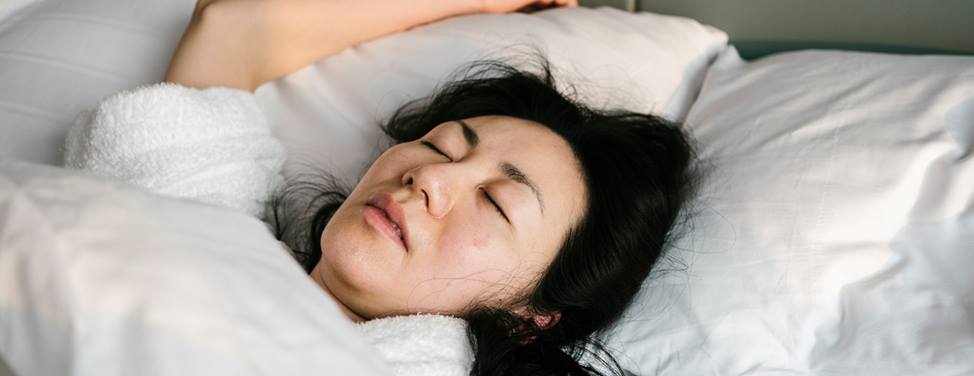Periodic Leg Movements

Overview
Periodic leg movements are repetitive movements that occur about every 20 to 40 seconds while sleeping. These movements may be jerking, flailing and kicking motions, an upward flexing of the feet or brief twitches. The repetitive movement may last for a few minutes to several hours. People who experience these movements may not even be aware of them and their bed partner may be the one to alert them of it.
Although it varies for each person, people with periodic leg movements may also experience insomnia or daytime fatigue, caused by interrupted sleep.
Some may also have restless legs syndrome (RLS), a sensation in the legs that causes a strong, often irresistible urge to move them as you try to fall asleep or when you awaken at night. This sensation has been described as uncomfortable and, in some cases, painful. Other words used to describe these sensations include creeping, itching, pulling and tugging. Although rare, these sensations also can occur in the arms and other parts of the body.
Our Approach to Periodic Leg Movements
At UCSF, our sleep medicine specialists offer a comprehensive range of services and treatments for conditions such as periodic leg movements during sleep, insomnia, narcolepsy, sleep apnea and snoring. We have a sleep testing laboratory specially designed to provide cutting-edge diagnostic care in a comfortable, hotel-like setting for patients' overnight evaluations. Accredited by the American Academy of Sleep Medicine, our sleep center sees more than 2,000 patients each year.
We need to treat periodic leg movements only if they lead to insomnia or daytime fatigue. In these cases, we try to determine whether an underlying medical condition is causing the problem, so we can treat that condition. Even when we find no clear cause, medications can reduce or eliminate symptoms.
Awards & recognition
-

Among the top hospitals in the nation
-

No. 8 in the nation for pulmonology & lung surgery
Diagnosis
A diagnosis of periodic leg movements begins with a physical examination and medical history. Your doctor will ask about the symptoms you are experiencing.
Sometimes, people suffering from this condition may be unaware of their nighttime movements and may only complain about restless sleep and daytime fatigue. In these cases, a person may need to be observed overnight while he or she sleeps during a polysomnogram, a test that records your sleep patterns and their bioelectrical processes. This test is often used to determine the cause of excessive daytime sleepiness, such as periodic leg movements.
Please see Overnight Sleep Study to learn more.
Treatments
Treatment for periodic leg movements is only necessary when it causes insomnia, daytime fatigue or is accompanied by restless legs syndrome (RLS). The first step in treating periodic leg movements or RLS is to determine if they result from an underlying medical condition and, if so, treating those causes. In many cases, this will eliminate the nighttime movements.
If this is unsuccessful, there are various medications available to treat both periodic leg movements and RLS. The three classes of drugs frequently used include benzodiazepines, Parkinson drugs and narcotics. These medications will not cure periodic leg movements or RLS, but will help to reduce or eliminate symptoms. It is important to know that they may cause side effects, which should be discussed with your doctor.
UCSF Health medical specialists have reviewed this information. It is for educational purposes only and is not intended to replace the advice of your doctor or other health care provider. We encourage you to discuss any questions or concerns you may have with your provider.















